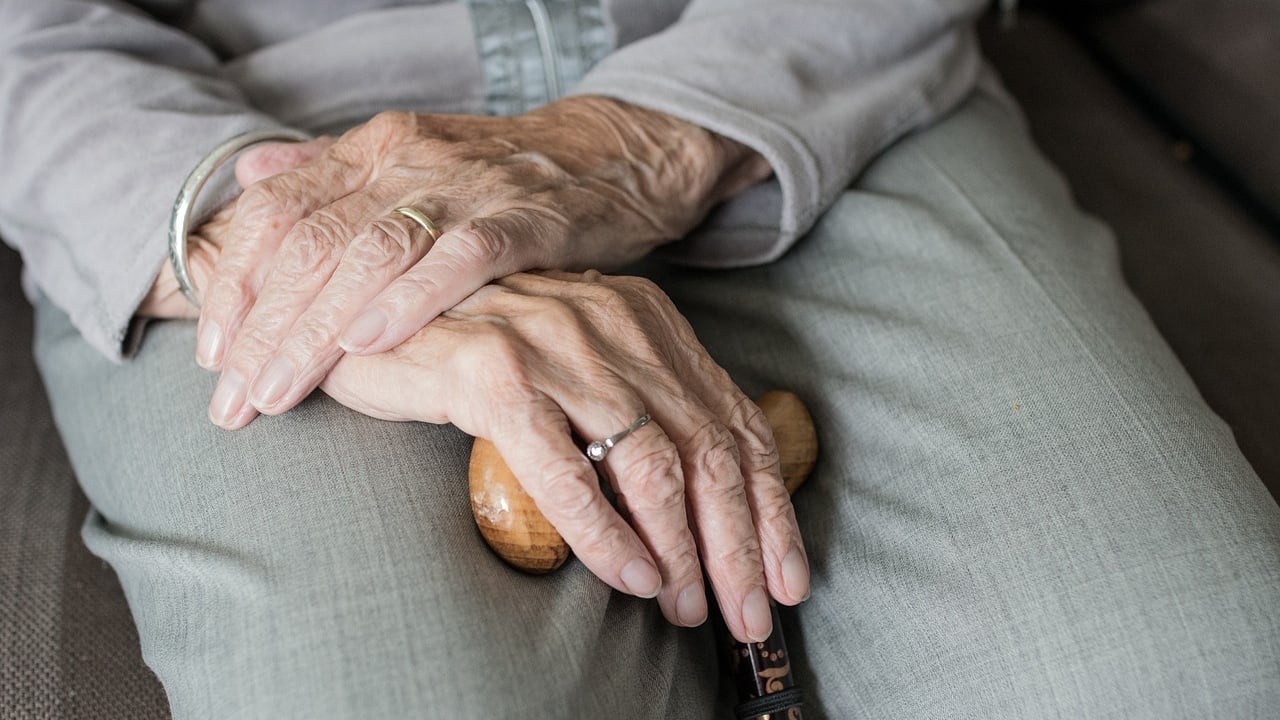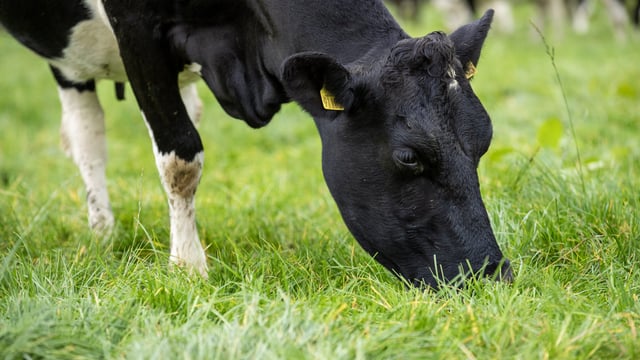Rural-based centenarians show the way in new research
They have been dubbed 'older than Ireland' and the country's growing band of centenarians have now shared the secrets of their longevity from hard work, growing up on farms to strong social connections with siblings, friends and community.
'A qualitative exploration of the lives lived by Irish centenarians' by Alison Fagan, Lorraine Gaffney, Patricia Heavey and Mary McDonald Naughton, is the first such study in the Republic of Ireland.
While much centenarian research to date recognises the biological and genetic determinants in achieving advanced age, there is a lack of understanding regarding the influence of social factors and their role in ageing, the authors contended.
This study focused on the lived experience of 17 Irish centenarians - 10 women and seven men, whose names were anonymised - and explored their understanding of their ageing in a rapidly modernised sociocultural Ireland.
Documenting the psychosocial profiles of centenarians will assist key stakeholders including researchers, practitioners, and policymakers in the development of policies and strategies to support the growing population of older adults in Ireland, the authors said.
At the time of commencing data collection (2018), the centenarian population of the Republic of Ireland stood at 386 people, but in keeping with projections, the Irish centenarian population had increased to 738 people at the time of the last census.
Several reasons have been discussed to explain the rapid growth of centenarians and include a decline in infant and child mortality rates, advances in medicine, better nutrition, and improvements in living conditions.
Therefore, centenarians, once considered rare, are now regarded as living testaments to the remarkable advancements of society, the authors said.
Rural communities can be important sources of social opportunities, meaningful relationships and informal support, they said.
While it cannot be generalised within this study, a study by Ward, Layte, and Kenny (2019) of Irish older persons highlighted that those who were reared and subsequently lived in rural areas were significantly more likely to be better engaged socially and less at risk of social and emotional isolation and this concept is something that might warrant more specific exploration among Irish centenarians, they added.
Despite the poverty that teemed rural Ireland during participants’ youth, many recalled having had largely positive childhood environments and reported being surrounded by people who cared for them.
These findings echo the results of other centenarian studies, where participants placed a strong emphasis on being nurtured in childhood.
Social connectedness and perceived social support are well documented as having a significant impact on health throughout life and research has demonstrated how social relationships are fundamental to human survival, said the authors.
Participants perceived themselves as being well connected socially from a young age with their sibling relationships being of significance to them.
As well as childhood experience and social connectedness, religion and spirituality and attitude and outlook were important factors. Religion provided a moral compass and the centenarians' outlook on life was largely positive.
A keen work ethic and strong sense of self-reliance were also key: "There was always a lot of work to be done back home as we had to do everything.
"I worked really hard on our farm at home, milking cows, going to the bog and feeding the animals," said Nancy, who is 104-years-old.
Given the rurality of Ireland a hundred years ago, it is not all that surprising, that many centenarians came from predominantly agricultural backgrounds, according to Dr. Alison Fagan, one of the authors and a lecturer in the department of nursing and healthcare, TUS, Midlands Midwest.
"That being said, the unique sense of community and belonging that went almost hand-in-hand with Ireland's agrarian society is something that was very much to the fore and many rural dwelling participants in particular recounted stories detailing the strong social ties they had within their local communities which of course reinforces the significance of social connectedness across the lifespan," she said.
"There was a true sense of belonging shared by participants who were raised in rural households and it was almost though they had an inherent duty to take care of one another and their neighbours in these farming communities.
"So, you could argue that a rural lifestyle in some ways offered a protective social environment to participants akin to other global research but more research would be needed to explore this linkage in an Irish context," she explained.






